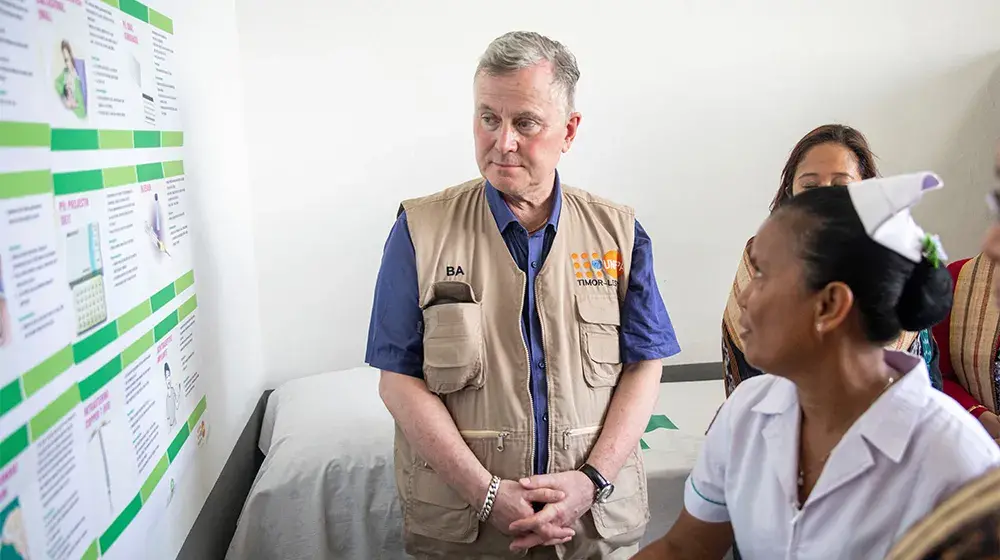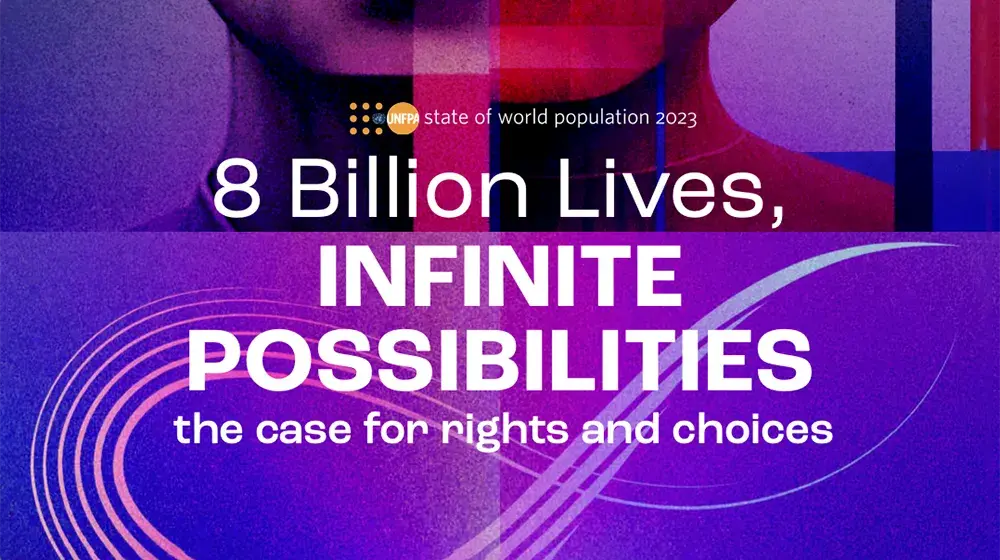Over half a million women die each year due to complications during pregnancy and child birth. Forty-four percent of these women are from Asia and the Pacific. The vast majority of these deaths are preventable. At the Millennium Summit in 2000, states resolved to reduce maternal mortality by three quarters by the year 2015. This commitment is encapsulated in the Millennium Development Goals. Goal 5 is a commitment to improve maternal health: the reduction of maternal mortality is an outcome chosen to assess the progress in this regard. Halfway to the MDG target date, it is clear that many Asian and Pacific countries that were reviewed will not meet Goal 5 unless action is taken now.
This paper reviews the extent to which relevant laws, policies and strategies are in place in Bangladesh, Cambodia, India, Indonesia, Lao PDR, Nepal, Pakistan, Papua New Guinea, Philippines, Solomon Islands and Timor-Leste. Additionally, the paper reviews the extent to which these legal instruments have been translated into practical strategies and plans that have been implemented nationwide. The eleven countries selected for this review have high maternal mortality ratio. The methodology involved desk research of the maternal health polices/strategies, and DHS data and reports by UNFPA, WHO, UNICEF, civil society organizations and others. The analysis, however, does not try to be comprehensive, but rather indicative of broad trends. The focus of this paper is to briefly examine the extent to which policies and programmes launched by the selected countries to improve maternal health and integrate reproductive rights.




